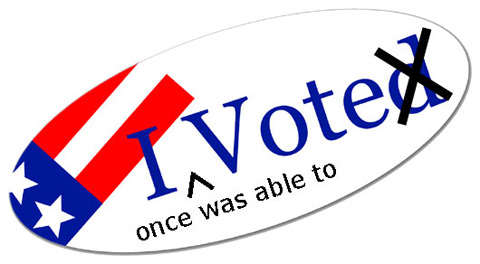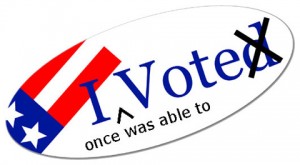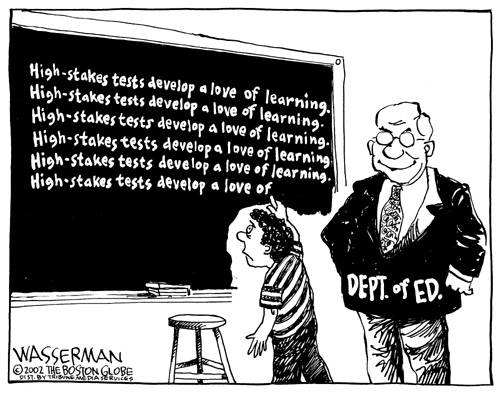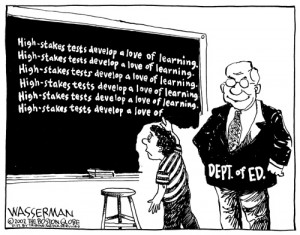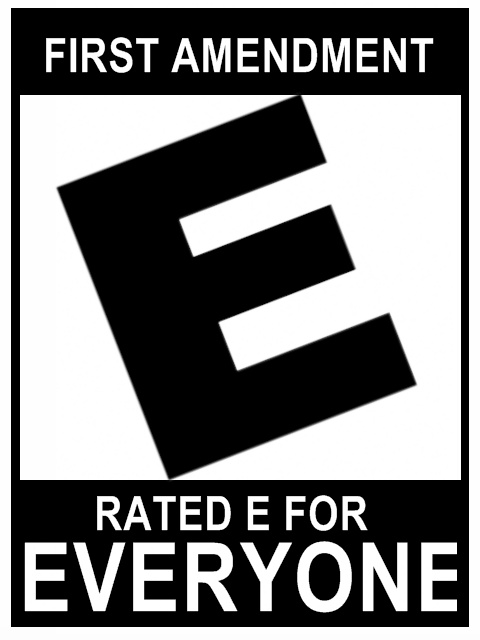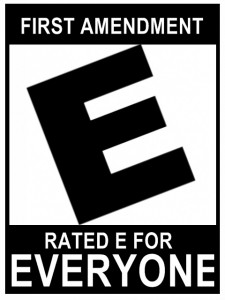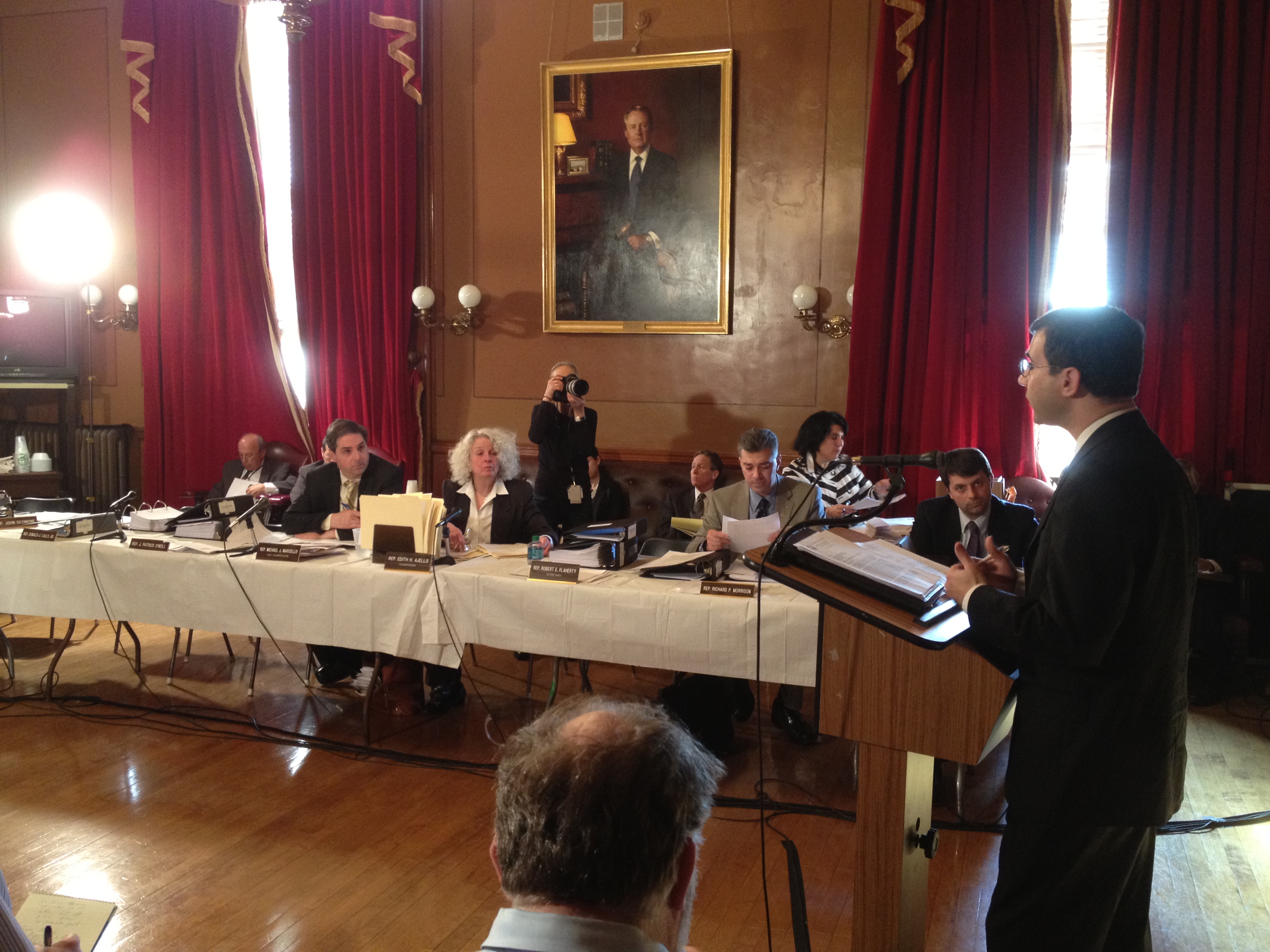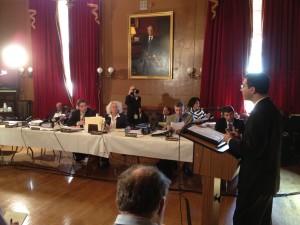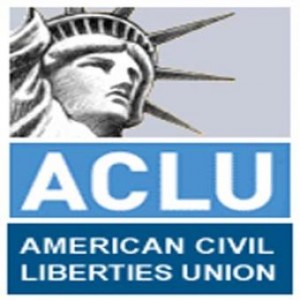 A report issued by the ACLU of Rhode Island today shows that Rhode Island’s public schools last year disproportionately suspended black students at the highest rates in nine years, while white students were suspended at record low rates. Like black children, Hispanic students remained severely over-suspended, with these disparities reaching all the way to the lowest grades. In addition, students generally – including elementary school children – were given out-of-school suspensions at alarming rates for minor disciplinary infractions.
A report issued by the ACLU of Rhode Island today shows that Rhode Island’s public schools last year disproportionately suspended black students at the highest rates in nine years, while white students were suspended at record low rates. Like black children, Hispanic students remained severely over-suspended, with these disparities reaching all the way to the lowest grades. In addition, students generally – including elementary school children – were given out-of-school suspensions at alarming rates for minor disciplinary infractions.
The report, “Blacklisted: An Update,” is a follow-up to one the ACLU issued last June, which examined eight previous years of suspension data. That report also documented and explored the dangers of out-of-school suspensions and the disproportionate impact of suspensions on black and Hispanic youth, but the latest statistics demonstrate that the inappropriate and discriminatory use of out-of-school suspensions – even at the elementary school level – continues unabated across Rhode Island.
Among the findings from a review of data from the 2012-2013 school year:
- Black students were suspended from school 2.19 times as often as would be expected based on their school population. This is a record high suspension disparity for black students over the nine years the ACLU has studied. Hispanic students were suspended over one-and-a-half times as often as expected. White students, in contrast, were suspended just 0.64 times what would be expected, a record low.
- Twenty-five school districts disproportionately suspended black students. Twenty-six school districts disproportionately suspended Hispanic students.
- Suspensions remained endemic at the lowest grades, and continued to disproportionately affect minority students. Nearly 1,400 elementary school students – and 147 first grade students – were suspended last year, and black elementary school students were suspended more than three times as often as expected based on their representation.
- Despite nationwide efforts to promote the use of out-of-school suspensions only in extreme circumstances, over 60 percent of the suspensions for Rhode Island students last year were for low-risk behavioral infractions.
- One-third of all suspensions were served for the vague infractions of “Disorderly Conduct” and “Insubordination/Disrespect.” In fact, thousands more suspensions occurred for “Disorderly Conduct” and “Insubordination/ Disrespect” than for assault, bomb threats, breaking and entering, possession or use of controlled substances, fire regulation violations, fighting, gang activity, harassment, hate crimes, hazing, larceny, threats, trespassing, vandalism or weapon possession combined.
- More than a quarter of elementary school suspensions were for “Disorderly Conduct” alone. Despite making up one-third of the elementary school population, black and Hispanic students constituted two-thirds of the elementary school students suspended for “Disorderly Conduct” or “Insubordination/Disrespect.”
- Although the total number of suspensions overall was down from previous years, that reduction can be attributed almost exclusively to implementation of a law passed by the General Assembly in 2012 prohibiting out-of-school suspensions for attendance infractions. In fact, while overall suspensions decreased, the number of suspensions for low-risk behavioral infractions increased by more than 400.
The report concluded: “Rhode Island’s students deserve an education system that seeks to promote rather than punish them, and efforts by educators and the legislature in 2014 can make that possible. Swift action by Rhode Island’s leaders can ensure that another cohort of children does not find themselves the subject of increasingly grim statistics, and instead finds them granted all the educational opportunities we have to offer them.”
In finding little change from the eight years’ worth of statistics analyzed in its last report, the ACLU reiterated a series of recommendations for policy-makers to address this serious problem. Among the ACLU’s recommendations this year: the General Assembly should approve legislation limiting the use of out-of-school suspensions to serious offenses; school districts should examine annually their discipline rates for any racial or ethnic disparities, and identify ways to eliminate them; schools should ensure that punishments are clearly and evenly established for various offenses; and the state Department of Education should investigate and promote the use of alternative evidence-based disciplinary methods.




